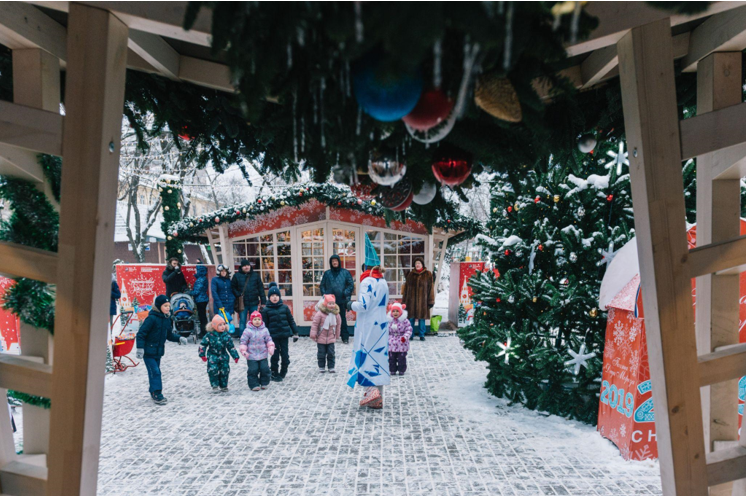The Benefits of Artificial Christmas Trees
Artificial Christmas Trees have become increasingly popular for schools and colleges over the years as a sustainable and convenient option for holiday decorating. With artificial trees, a school can make a positive change for the environment while ensuring the safety and convenience of students and staff.
One of the primary benefits of Artificial Christmas Trees is that they can be reused yearly, reducing waste and saving money. This can benefit a school or college, especially regarding sustainability efforts. Moreover, artificial trees are low maintenance and do not require water or daily clean-up, making them an ideal choice for institutions with busy schedules.
Another advantage of using Artificial Christmas Trees is that they are safer than their natural counterparts. Real trees tend to dry out and become a fire hazard, especially when exposed to electrical lighting or other heat sources. On the other hand, artificial trees are made of flame-resistant materials that comply with safety standards. Therefore, schools and colleges can provide a safer environment for their students by choosing artificial trees.
A Sustainable Future for Schools and Colleges
Choosing a sustainable lifestyle is a critical aspect of caring for the future. When schools and colleges choose Artificial Christmas Trees, they positively impact the environment by reducing the carbon footprint associated with the disposal of natural trees. This means that schools are setting an example for their students and creating a future generation that understands the importance of eco-friendliness.
Moreover, Artificial Christmas Trees provide a chance to balance holiday festivities with healthy living. With artificial trees, institutions can decorate with environmentally friendly LED lights that use less electricity than traditional lighting. Moreover, schools can use biodegradable and sustainable decorations to create a healthy environment while promoting Love and Prosperity.
Lastly, choosing Artificial Christmas Trees reinforces the idea of a balanced diet and healthy lifestyle. By consuming less, institutions are emphasizing the importance of conservation. They are also promoting healthier habits that extend beyond the holiday season. Overall, choosing Artificial Christmas Trees is a sustainable option that helps spread awareness about the importance of education, the environment, and eco-consciousness.
In conclusion, schools and colleges have several reasons to consider Artificial Christmas Trees as a sustainable option for their holiday decorating needs. By reducing waste, increasing safety, and promoting a healthy lifestyle, choosing Artificial Christmas Trees will benefit students, staff, and the environment. Will your institution make the switch to artificial trees this holiday season?

